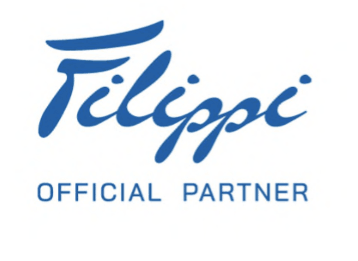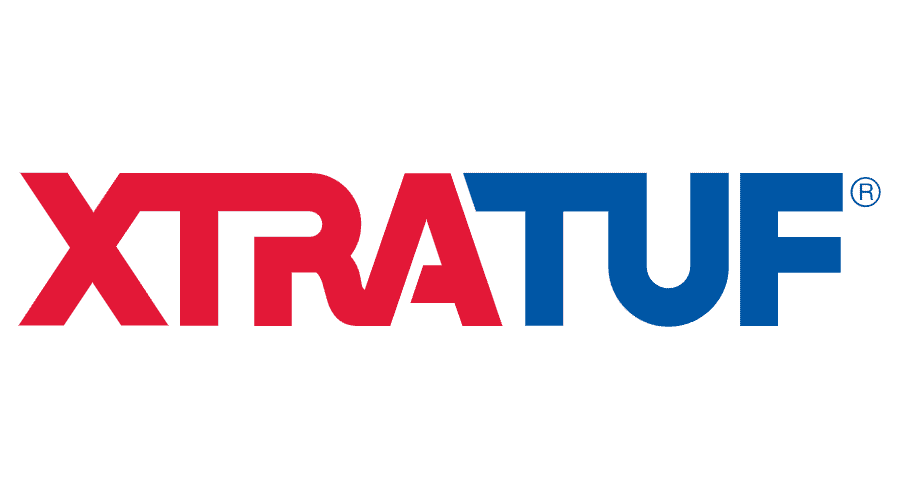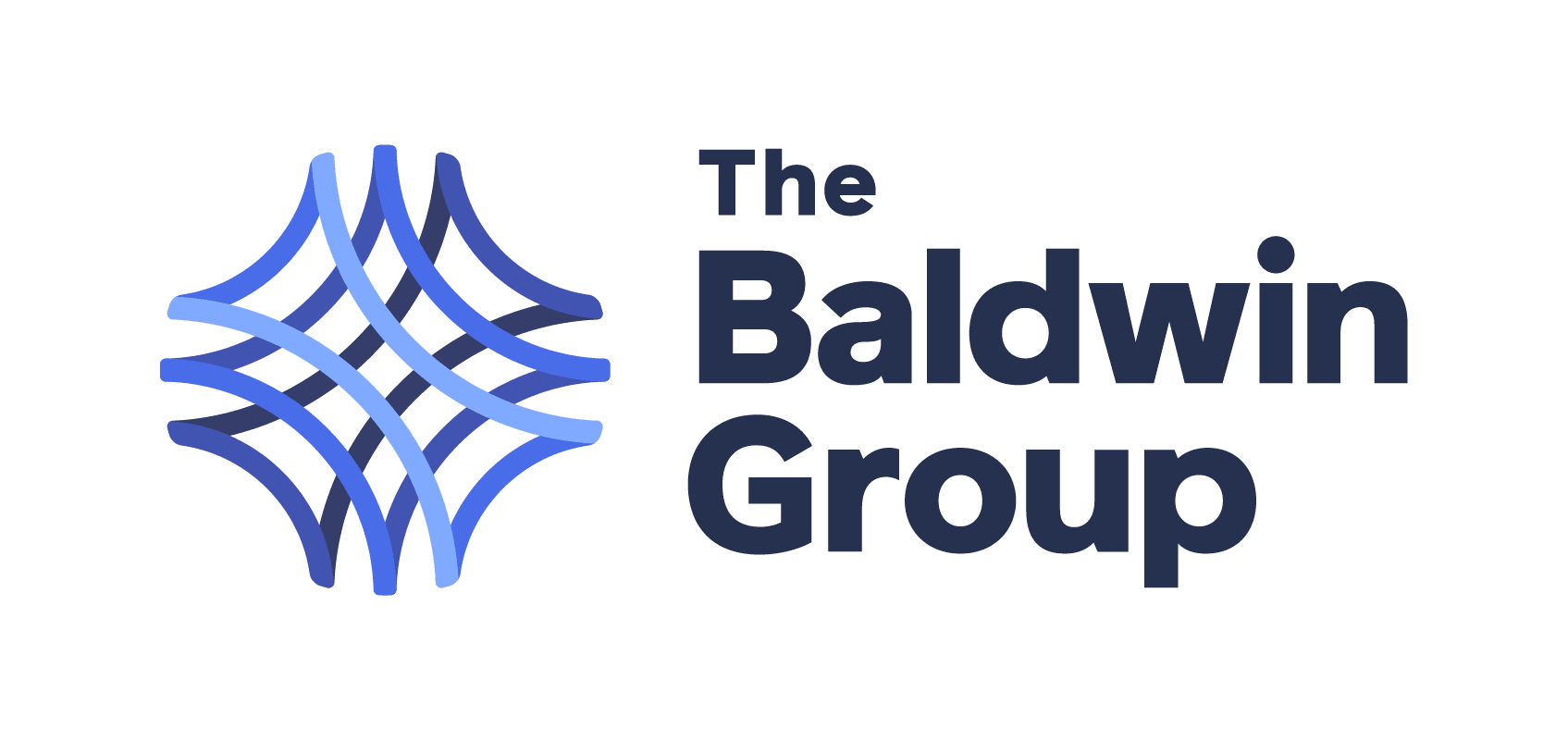
Nov 07, 2024
United We Row
Meet Our Unity Partner: #WeRideTogether
#WeRideTogether is a nonprofit organization created to cast light upon the endemic issue of sexual abuse in youth and amateur sports.
What kind of resources does #WeRideTogether provide?
#WeRideTogether provides resources for athletes, parents, coaches, and sporting staff. From preventative best practices to survivor support and a curated hub for crisis and general resources, #WeRideTogether is there for all your safeguarding needs. #WeRideTogether also provides educational training, event support, and safeguarding policy consultation services.
As the USRowing Official Safeguarding partner, what are some ways the rowing community can create a safer sport for rowers?
We all have a role to play in creating safe and healthy rowing communities. Today, you can ensure your boathouse has a safeguarding policy and a code of conduct in place, save the Courage First Athlete Helpline number in your phone, serve as a safe and active bystander if you observe misconduct or abuse, and make sure your interactions with others in person and online are transparent and observable!
Coaching philosophy has begun to shift, what coaching practices are still being used that need to be reconsidered for the safety of the athletes?
We want to be sure that coaches and their athletes have healthy relationship dynamics hallmarked by care and support. This looks like maintaining boundaries and having respectful interactions. Verbally, physically, and emotionally abusive coaching practices and styles are not in the best interest of the athlete or rowing community. When athlete safety and well-being are prioritized, performance improves. For more information, check out #WeRideTogether’s Coach Athlete Relationship Dynamics Diagrams (C.A.R.D Diagrams).
What are things athletes and parents should watch out for that may be considered inappropriate from a coach?
There is a power imbalance between coaches and athletes that all members of rowing communities should be aware of. This power imbalance is not inherently bad, as we learn from the expertise of our coaches and other sports authority figures. However, that imbalance of power can be leveraged for unhealthy practices instead of care, support, and the athlete’s best interest. To learn about the various types of abuse that may occur in the sport of rowing, check out this Types of Abuse blog post to know what to look out for, such as hazing, bullying, and discrimination.
What advice would you give to a coach who wants to create clear and safe boundaries between themselves and the athletes they coach but doesn’t know where to start?
Boundaries in athletic spaces, such as rowing, can get blurry! From travel to nutrition, coaches are not just involved with an athlete’s ongoings on the erg or the water but in other spheres of their lives as well. Coaches must review USRowing’s safeguarding essentials and their organization's safeguarding policies for behavioral expectations and standards. This is especially important with minor athletes. For simple best practices, check out #WeRideTogether’s Coach Athlete Pledge, and when in doubt, consult the Courage First Athlete Helpline.
If an athlete sees an inappropriate situation between a coach and their teammates, what steps should they take to help their teammate?
If an athlete witnesses, hears about, or suspects misconduct or abuse occurring or finds an interaction unsettling, they are in a position to make a positive difference by serving as a safe, active bystander. First and foremost, athletes trust your gut! If something feels off, it probably is. And being a bystander does not mean you have to be confrontational. Check out #WeRideTogether’s Safe Active Bystander Infographic, Toolkit, and PSA for a variety of options that you can choose to help in those situations. When in doubt, reach out to a safe adult or the Courage First Athlete Helpline for help navigating the situation.
What message would you like to send to rowers and coaches reading this?
Creating safe and healthy rowing environments is a community effort! All rowers and coaches deserve to practice, train, and compete without fear or the experience of misconduct or abuse. Proactive, preventative best practices are simple and easy ways to protect current and future rowing community members and, ultimately, the integrity and sustainability of our beloved sport of rowing.























